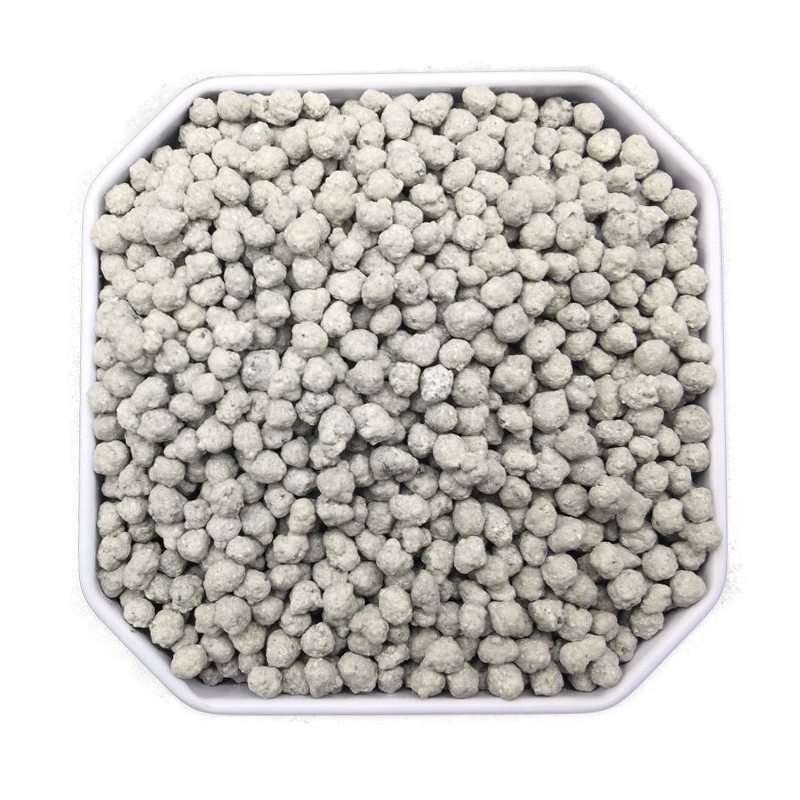
Dec . 26, 2024 05:42 Back to list
fertilizer for tomatoes organic suppliers
The Rise of Organic Fertilizers for Tomato Cultivation A Guide for Suppliers
In recent years, the demand for organic produce has skyrocketed, prompting farmers and gardeners to seek alternatives to conventional fertilizers. Particularly, tomatoes—one of the most popular and lucrative crops—have seen a surge in interest among organic growers. This presents an exciting opportunity for suppliers to meet the growing need for organic fertilizers tailored specifically for tomato cultivation. In this article, we will explore the benefits of organic fertilizers for tomatoes, the types available, and how suppliers can effectively position themselves in this expanding market.
Benefits of Organic Fertilizers for Tomatoes
Organic fertilizers offer several advantages over chemical options, particularly in the context of tomato cultivation. Firstly, they improve soil health by increasing microbial activity. Healthy soil teems with beneficial microorganisms that enhance nutrient availability and improve plant vigor. This is crucial for tomatoes, which are heavy feeders and require a rich nutrient profile to produce high yields and robust flavors.
Secondly, organic fertilizers enhance soil structure and water retention. Materials such as compost, well-rotted manure, and bone meal can help create a loose, aerated soil that retains moisture without becoming waterlogged. Tomatoes thrive in well-drained, rich soil that can supply consistent moisture levels, making organic soil amendments essential for successful cultivation.
Moreover, organic fertilizers are less likely to leach into waterways compared to synthetic options, reducing the risk of environmental pollution. Sustainable farming practices appeal to eco-conscious consumers, further enhancing the marketability of organically grown tomatoes.
Types of Organic Fertilizers Suitable for Tomatoes
1. Compost Rich in nutrients and beneficial organisms, compost is one of the best fertilizers for tomatoes. It's often made from kitchen scraps, yard waste, and other organic materials, making it an excellent option for those looking to recycle.
2. Manure Well-composted animal manure (from cows, chickens, or horses) provides a slow-release source of nutrients. Be cautious with raw manure, as it can contain pathogens and weed seeds that may harm crops.
3. Bone Meal A rich source of phosphorus, bone meal supports root development and flowering in tomato plants, which is essential for fruit production.
4. Fish Emulsion This liquid fertilizer is high in nitrogen and provides a quick nutrient boost. It’s particularly useful in the early growing stages when seedlings require extra nourishment.
fertilizer for tomatoes organic suppliers

5. Seaweed Extract Packed with trace minerals, seaweed fosters plant growth and resistance to stress conditions, such as drought or pest infestations.
6. Blood Meal As a nitrogen-rich fertilizer, blood meal can be particularly beneficial during the crucial growth phases of tomato plants. However, care should be taken to apply it in moderation to avoid nitrogen burn.
Positioning in the Market
For suppliers looking to break into the organic fertilizers market for tomatoes, understanding consumer trends is key. Today's buyers are not just interested in products; they are looking for sustainable, eco-friendly solutions that enhance the quality of their produce. Here are some strategies suppliers can employ
1. Educate Consumers Provide brochures or host workshops that explain the benefits of organic fertilizers and how they contribute to healthier tomato plants. An informed customer is more likely to make a purchase.
2. Emphasize Quality Ensure that the products you supply are of the highest quality. Certifications from recognized organic standards can enhance credibility and trust.
3. Sourcing Local Ingredients Highlighting locally sourced materials can appeal to environmentally conscious consumers. This also contributes to the local economy, creating a positive brand image.
4. Offer Bundled Solutions Create packages that combine several types of organic fertilizers, along with instructions on how to use them for optimal tomato growth.
5. Leverage Online Sales With the increasing shift to online shopping, establishing an e-commerce platform can help reach a wider audience. Use social media to promote products and connect with potential customers.
In conclusion, the organic fertilizers market for tomatoes is ripe with potential. By understanding the needs of organic growers and offering high-quality products that promote healthy, sustainable cultivation, suppliers can carve out a significant niche in this expanding industry. Embracing these practices not only supports the environment but also caters to a growing demographic of health-conscious consumers seeking the best for their gardens and families.
-
10-10-10 Organic Fertilizer - Balanced NPK Formula
NewsAug.02,2025
-
Premium Organic Manure Compost for Eco Gardens
NewsAug.01,2025
-
Organic 10-10-10 Fertilizer | Balanced Plant Nutrients
NewsJul.31,2025
-
Premium Amino Acid Fertilizer | Rapid Plant Growth Booster
NewsJul.31,2025
-
10 10 10 Fertilizer Organic—Balanced NPK for All Plants
NewsJul.30,2025
-
Premium 10 10 10 Fertilizer Organic for Balanced Plant Growth
NewsJul.29,2025
